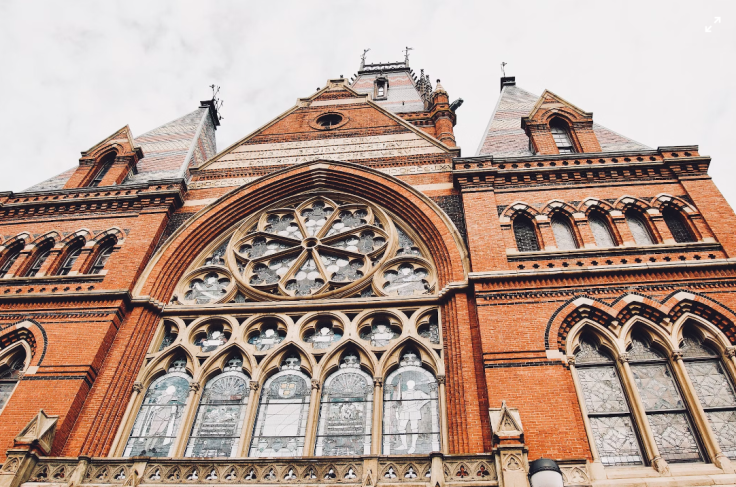Harvard University, an institution synonymous with academic excellence, found itself in the midst of a storm as President Claudine Gay resigned amidst controversies surrounding her Congressional testimony and allegations of plagiarism. However, the repercussions of this event extend far beyond the individual, shedding light on systemic issues within higher education.

The Claudine Gay Controversy: A Closer Look
Claudine Gay's departure, prompted by her disastrous Congressional testimony on antisemitism and the shadow of plagiarism allegations, marks a significant chapter in Harvard's history. The controversy surrounding her resignation underlines the need for a detailed examination of the events leading up to this point.
One of the central pillars of criticism against Gay was the apparent plagiarism in her academic work. Notably, her track record revealed a sparse academic portfolio, with only ten journal articles and no published books over two decades. This raises questions about the criteria for selecting a university president, particularly one of Harvard's stature.
READ ALSO : Harvard President Claudine Gay Faces Plagiarism Allegations, House Committee Demands Answers
Diversity, Equity, and Inclusion (DEI): A Double-Edged Sword
A pivotal aspect of Gay's appointment was her role in championing diversity, equity, and inclusion (DEI) initiatives at Harvard. However, the controversies surrounding her have brought to light the potential pitfalls of an unwavering commitment to DEI, raising concerns about whether it should be prioritized above other academic considerations.
Christopher Rufo's observation about Gay building a "DEI empire" at Harvard underscores the extent of her influence on the institution's policies. From overseeing racially discriminatory admissions programs to spearheading cultural reforms in the aftermath of the 2020 racial reckoning, Gay's imprint on the university's bureaucratic apparatus is undeniable.
The antisemitism hearing revealed the clash between DEI ideology and the reality of discrimination. As the ideology seemed to excuse hatred towards certain groups, including Jews, it raised questions about the true nature of DEI principles and their compatibility with fundamental principles of justice and equality.
Elite Ecosystem and Ideological Objectives
Gay's resignation brings attention to an elite ecosystem dedicated to advancing specific ideological objectives. This goes beyond Harvard and permeates other elite institutions, with echoes of these ideals evident in the Biden administration's policies, as highlighted by White House Press Secretary Karine Jean Pierre.
Harvard, like many elite universities, has shifted away from its core functions of creating educated and patriotic leaders committed to truth and constitutional values. The original vision of James Madison and Thomas Jefferson has been overshadowed by an ideologically conformist ruling class aligned with the Left's political agenda.
Donor Exodus and Democratic Pressure
As calls for reform intensify, the importance of a donor exodus and democratic pressure becomes increasingly evident. The lack of true viewpoint diversity at Ivy League schools underscores the urgency for substantial changes, emphasizing the need for a collective effort to restore these institutions to their original purpose.
Claudine Gay's resignation from Harvard's presidency serves as a starting point rather than a resolution. The controversies surrounding her departure have opened the door to a broader conversation about the role of DEI in higher education, the selection criteria for university leaders, and the fundamental purpose of elite institutions. The task of reforming these institutions falls not only on administrators but on the collective shoulders of the American people. It is an opportunity to reevaluate and restore the core principles that once defined the essence of higher education.
© 2025 University Herald, All rights reserved. Do not reproduce without permission.








